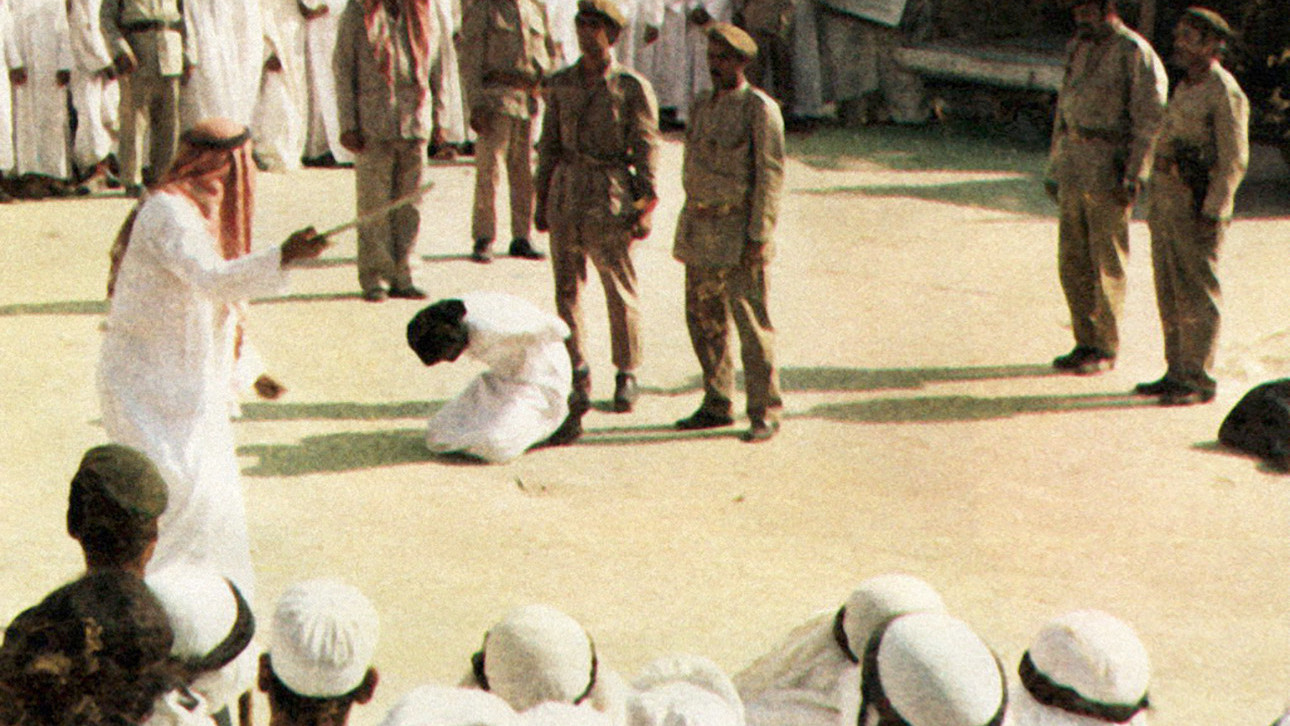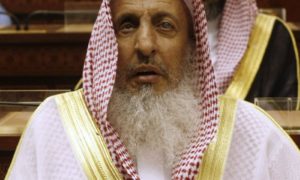Saudi Arabia sentenced 14 Shia muslims people to death accused for terrorism on Wednesday in the Shia Muslim minority area of Qatif in Eastern Province, scene of past anti-government protests.
Another nine people were given jail sentences of three to 15 years and one was acquitted, their defense lawyer, who asked to remain anonymous, told reporters.
He said the 24 defendants had been held for about three years and accused of carrying weapons and shooting at police. During 2011-14 protests, around 20 Shia muslim and several police officers were killed.
A spokesman for the Saudi justice ministry could not immediately be reached for a comment on the report.
Saudi Shia muslims have complain for many years that they suffer systematic discrimination in Saudi Arabia, whose majority follow a strict form of Wahhabi Sunni Islam that regards the minority sect as heretical. The government denies that.
Read: Read: Saudi Arabia’s Gruesome Provocation
Al-Awamiya is among a few districts in Saudi Arabia with high Shia population that represents minority in the Sunni Wahhabi country. The area has been witnessing unrest for past years.
On January 2 Saudi Arabia executed four Shia muslims convicted of similar crimes alongside 43 Sunnis accused of carrying out attacks for al Qaeda a decade ago.
Sheikh Nimr al-Nimr
The execution of the Shia muslims, including a prominent cleric Sheikh Nimr al-Nimr, by Sunni-led Saudi Arabia pushed up tensions with Iran and contributed to rising sectarian anger in some neighboring countries.
Sheikh Nimr al-Nimr in al-Awamiyah in Saudi Arabia’s Eastern Province whose arrest and execution created strong protest among political activist across the world.
Sheikh Nimr al-Nimr was very popular among youth and other people and critical of the Saudi Arabian government calling for free elections in Saudi Arabia and removing discrimination. He was arrested and tortured by Saudi authorities in 2006.
In 2009, he criticized Saudi authorities and call for Shia citizens’ rights.
On October 2014, Saudi Arabia’s Supreme Court approved death sentence of Nimr for “disobeying the ruler, inciting sectarian strife, and encouraging, leading and participating in demonstrations”.
Protests were held in various countries such as Iran, Iraq, Bahrain, Lebanon, Afghanistan, Pakistan, India, England, Norway, Sweden, Danmark, Germany, Turkey, Australia, and United States following the execution.
- Read: Anger grows in Saudi Arabia’s Shi’ite areas after execution of Shiite cleric Nimr al-Nimr
- Read: Worldwide protests continue over Saudi Arabian executions
International human rights groups have criticized Saudi Arabia’s justice system, which they say holds unfair trials, and have said that convictions for terrorism sometimes extend to peaceful protesters and are secured by torture.
Saudi Arabia has been compared to Daesh for a long time in the Middle East region, especially for their support for terrorist organizations in Iraq, Syria and Yemen.
Europe and the United States have in recent months discovered clear link between Saudi Arabia and terrorist organizations. In the US, Saudi Arabia is now directly connected to the 9/11 attacks.
HUMAN RIGHTS
Saudi Arabia has long been criticised for its harsh social codes and punishments, imposed under its puritanical version of Sharia law.
Beheading:
Ali Mohammed al-Nimr was arrested in February 2012 when he was just 17 and accused of organising protests. He was sentenced to death by beheading and crucifixion, along with his uncle, a leading Shia cleric. Philip Hammond, the Foreign Secretary, said last month he did not expect the sentence to be carried out. However, murderers, drug dealers and others convicted on purely criminal charges are often beheaded in public.
Womens’ rights:
While women did in 2105 get to register to vote and can stand for local elections, they are still required to have permission from a “guardian” such as a father, husband or brother to travel freely. Wearing modest clothes and a headscarf in public is compulsory. They are also banned from driving – subject of the country’s most visible civil disobedience campaign in recent years.
The regime in Saudi Arabia has been strongly criticized by human rights organizations.
Hashtags #SueMeSaudi and #SaudiArabiaIsISIS has many hits every minute, and many want to mark their opposition and to show their distance to the brutal dictator regime in Saudi Arabia.
Saudi Arabia practice Wahhabism ideology, a strictly fundamentalist orientation within Sunni Islam, which in practice is the state religion in the country. It is also ideology direction that has inspired al-Qaida and DAESH.








